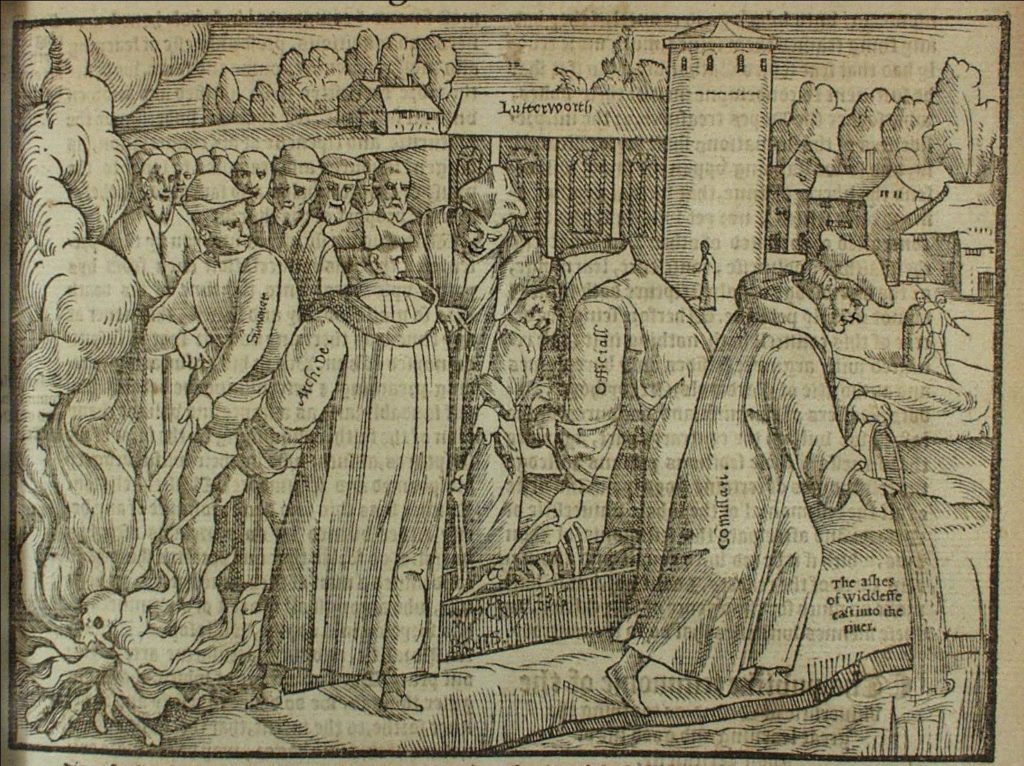The powerful have an awful record when it comes to getting the rest of us to follow rules about how to express ourselves.
Which is why it’s a pity that Higher Education Minister Blade Nzimande is punting a new language policy framework for universities, aimed at developing and strengthening indigenous languages.
Creditable though the objective might be, it is misplaced for two reasons: languages don’t live, or die, in universities; and no language was ever saved, or served, by fiat.
Not insignificantly, Africa’s youngest indigenous language bears this out: Afrikaans thrives despite attempts in the past to harness it to white supremacy, and attempts in the present to curb its reach.
In his fascinating ‘biography of a language’, The Adventure of English, Melvyn Bragg cites the French law of 1994 prohibiting the use of English words where good French equivalents existed, enforceable by a hefty fine.
He goes on (his book was published in 2003): ‘The most recent edition of the Académie Française dictionary admitted about six thousand new words to the French language, including “le cover girl”, “le bestseller” and “le blue jeans”.’
There’s a hint, here, of the force of everyday usage in determining what kind of language works best for most people.
In a way, it is one of the most democratic processes at work in every society.
The long struggle of English to gain formal status – and the long but ultimately futile resistance of the powerful – is salutary.
Battle that would last for centuries
King Alfred staked a solid claim for English against Latin in the second half of the 800s, but this was a battle that would last for centuries.
Reformist John Wycliffe was determined that Christian teaching should be made available to people in their common tongue in the late 1300s, and ‘Wycliffe’s Bible’ is the lasting token of his endeavour. Miraculously, he died a natural death – his successor in the enterprise, the great William Tyndale, to whom we owe much of our common usage today, was strangled in 1536 for his trouble.
In Wycliffe’s case, controversy continued after his death in 1384. He was declared a heretic in 1415, and his corpse was exhumed and burned in 1428, his ashes being thrown into the River Swift, a tributary of the Avon.

In what seem prophetic lines (though they were written more than 400 years later), Boston poet Oliver Wendell Holmes acknowledged Wycliffe in this brief tribute:
The Avon to the Severn runs,
The Severn to the sea;
And Wycliffe’s dust shall spread abroad
Wide as the waters be.
And so, of course, it came to pass.
If English is not the matter at hand, English is, in a way, the issue – though not the language so much as the people who choose to use it.
The problem (for other languages) is the choice millions make to use English as the most reliable way to make themselves understood (rather as Nzimande does, using English to set out the ambit and the goals of a policy designed to benefit languages that compete poorly with it).
There will always be argument, even resentment, about why English prevails. Is it simply a consequence of conquest, colonialism and domination by repression, or is it the capacity of the language to adjust so successfully to its time and its setting? Or, as some have argued, is it that English is the bearer of ideas and habits of mind that people like and which serve them well?
In a way, whatever it is doesn’t matter.
What does matter is that, if people themselves are best at looking after what they care about, are we doing enough to enable them to do so?
‘Goes to his heart’
Wycliffe and Tyndale would doubtless have applauded Nelson Mandela for observing, ‘If you talk to a man in a language he understands, that goes to his head. If you talk to him in his own language, that goes to his heart.’
It is the privilege of first-language English speakers to take this for granted. But they – mostly we – are losers, too, if the opportunity for heart-to-heart conversation dwindles because the rich heritage of our languages is allowed to dwindle, too.
Which is why Blade Nzimande’s ambition of tackling the problem at universities is misplaced.
It is not enough to invest attention, resources and energy at university level in developing or revising ‘policies and plans to accord greater importance to indigenous African languages for purposes of teaching and learning, scholarship, communication and administrative use’, or fussing about considering ‘all possible options to accentuate the use of indigenous African languages in official communication and ceremonies’.
By then it is too late.
I have long felt that South Africa is in sore need of decisive curriculum reform at school level, aimed at getting children actually to use other languages, not merely learn enough to get a passable grade.
Poor grasp
In the Cape, where I live, few suburban teenagers have more than a smattering of (usually poorly pronounced) Xhosa and, in the predominantly English-speaking southern suburbs, as poor a grasp of Afrikaans as I had when I left school in 1976. The approach to teaching a second language doesn’t seem to have shifted at all since then. This deprives us all.
University-level study choices in the language sphere – which should obviously not be mistaken for a measure of how languages are used – may reflect many things, but they do seem to bear out an ordering of priorities that occurs well before students begin their first year.
Statistics in the IRR’s latest edition of the South African Survey on degrees, diplomas and certificates awarded by sub-discipline at South African universities between 2010 and 2017 vary from year to year, but the averages of language and literature qualifications over these five years are revealing.
In alphabetical order, they are: Afrikaans (398.8); Classics (69); English (1 054); Ndebele (2.6); Pedi (32.2); Sotho (40.8); Swati (8.8); Tsonga (33.2); Tswana (22.8); Venda (34); Xhosa (64.4); and Zulu (140.2).
It is safe to say that, ultimately – not least in the school-level curriculum-development sphere – how language is used will be up to people themselves, not ministers and not bureaucrats.
‘Kliye’
Readers might well have been puzzled by the word ‘kliye’ in the headline of this piece, but would doubtless have immediately understood it. It is, indeed, a version of sorts of the world ‘clear’.
It is a token neither of illiteracy nor accident.
It was used in a tweet in November 2018 by someone who, I imagine, would applaud Blade Nzimande’s latest language initiative.
Controversially, I have no doubt, it came in a pat on the back for a student who had concluded the acknowledgements of his honours project with the phrase‚ “ONE SETTLER‚ ONE BULLET!!”
The tweet read: “Congratulations dear son on completing this paper! I would like to study it at some stage. In the meantime‚ let me be kliye: I am proud of you! Way more than you can imagine! Well done!”
It was written by UCT vice-chancellor Mamokgethi Phakeng.
I imagine Wycliffe, were he alive, responding with a perhaps slightly wry but nevertheless esteeming smile.
[Picture: Gerd Altmann from Pixabay]
If you like what you have just read, support the Daily Friend

